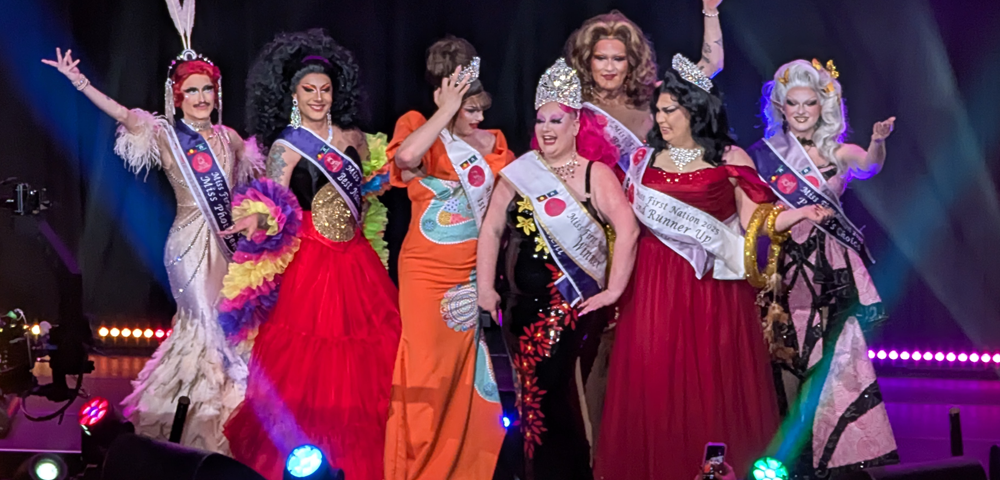
SA Govt urged to keep HIV response in community hands

 Calls have been made for the South Australian government to continue funding community-based, peer-driven HIV-related projects and services following its decision last month to close the AIDS Council of South Australia (ACSA).
Calls have been made for the South Australian government to continue funding community-based, peer-driven HIV-related projects and services following its decision last month to close the AIDS Council of South Australia (ACSA).
It is believed $1.2 million in annual funding was previously administered by ACSA to address HIV related programs and services.
A decision by Health Minister Jack Snelling to refuse to supply a cash injection of $175,000 to the struggling organisation which had been put into administration earlier this year saw it forced to close its doors for good on July 26 after almost 30 years in operation.
SA Greens health spokesperson Tammy Franks (pictured) said it was incumbent upon the government to make clear its intentions in light of a recent Positive Life SA report which states each new person living with HIV costs the health system up to $1 million in direct HIV-related costs alone over their lifetime.
“We must get this right by adopting the best practices under the World Health Organisation’s Ottawa Health Charter so that when it comes to consumers and communities the basic ‘nothing about us without us’ rule is adopted,” Franks said. “We need specialist knowledge to inform service delivery and we need strong community connections, not bureaucracy and mainstreaming.”
Franks said local and overseas research clearly showed that sex workers, gay men and men who have sex with men are usually best placed to determine what services and programs they may need.
“Organisations like Positive Life SA already engage with two-thirds of HIV-positive people known to be living in South Australia and they must be part of the decision, while Scarlet Alliance is a clear choice to deliver programs and foster engagement with sex workers,” she said.
“The services formerly housed under ACSA include those which serve some of the most marginalised and vulnerable communities.”
The latest Annual Surveillance Report of HIV by the Kirby Institute shows that notifications of new HIV infections in South Australia had increased from 41 cases in 2010 to 67 in 2011.









